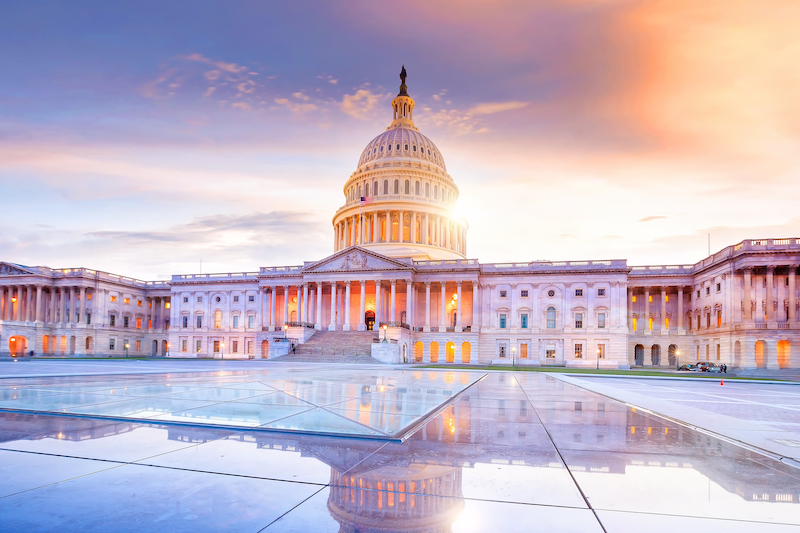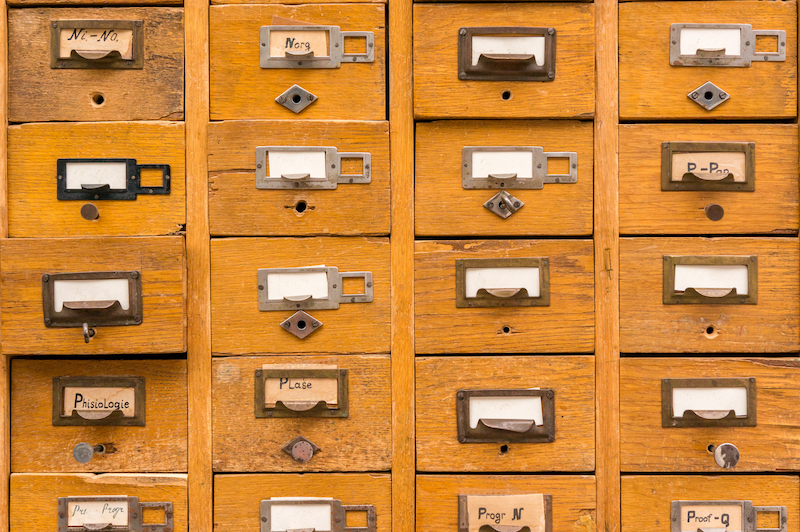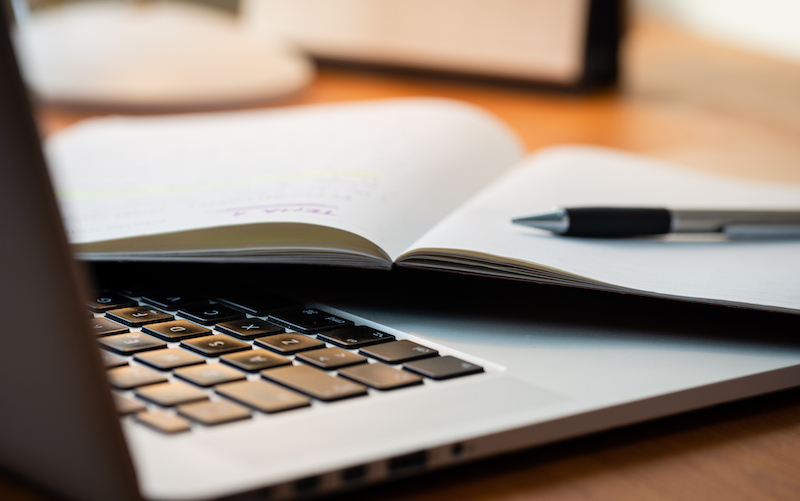With the news full of articles and videos about numerous neo-Nazi rallies across the country, the topic of library neutrality inevitably pops up. And this is true. Some flavor of neutrality appears in all ethical codes for library professionals. According to the International Federation of Library Associations and Institutions’s (IFLA) Code of Ethics for Librarians and other Information Workers, “Librarians and other information workers are strictly committed to neutrality and an unbiased stance regarding collection, access and service. Neutrality results in the most balanced collection and the most balanced access to information achievable.” Principles I and II of the American Library Association’s (ALA) Professional Ethics also touches on this.
I. We provide the highest level of service to all library users through appropriate and usefully organized resources; equitable service policies; equitable access; and accurate, unbiased, and courteous responses to all requests.
II. We uphold the principles of intellectual freedom and resist all efforts to censor library resources.
Providing unbiased services and balanced collections, being a neutral information institution, is no simple task. Ethical dilemmas occur all the time. Our profession is in constant debate over the nuances of this stance. I’ve always felt that using such an emotionally charged issue as white supremacy to introduce our professional ethics distracts from its complexities. My go-to topic is flat-Earthers.
That’s right. There is a sub-set of people who believe the earth is flat. They have their own literature, websites, and Facebook pages. In order to keep a balanced collection on the shape of our planet, do I purchase one book for flat-Earthers every time I purchase a book that lists the Earth as round? When a student asks me for materials about the solar system, do I make sure to include one resource about the possibility the earth is flat? Absolutely not.
These two ideas, flat versus round, do not carry equal weight in a balanced collection. If I do purchase any materials about flat-Earthers, I would shelve them with other conspiracy theories and not with the science section. However, if a flat-Earther comes to me requesting this information, I would do my best to provide for them using library tools, resources, and collections. They are also entitled to equal access to services. They would receive equal courtesy and attention from me providing that they follow the same policies and rules as other patrons. My judgment on their beliefs should not prevent them from receiving the same experience at my library as a round-Earther.
Moving these ideas to more controversial topics, like neo-Nazis, is difficult. Mix in the fact that their beliefs are firmly opposite to libraries’ stance on equality and diversity and you have a giant ethical mess.
I would love to say that libraries have always navigated these dilemmas with pride. That we’ve stood tall as exemplary institutions of equality and diversity. But I can’t. We haven’t always made balanced collection or diversity decisions. Take for example how LGBTQ topics use to be classified under 301.4157 as a catch all for “abnormal sexual relations.” Or how our profession as a whole is overwhelmingly white. Many of our passionate members work to correct these wrongs, but change is slow. American libraries are a tradition hundreds of years old and funding is small.
In summary, neutral is a constant debate. Neutral is perhaps a confusing and misleading label to use for this intricate and vital effort. And as we work to provide equal, unbiased access to information for all, we also need to work on ourselves.




